Our Nursing
Home Practice Areas
Nursing home abuse and neglect come in many forms – and none are acceptable. Our firm represents clients and their families dealing with a variety of cases. See below for a list of nursing home abuse cases we handle.
SCHEDULE A FREE & CONFIDENTIAL CONSULTATION-
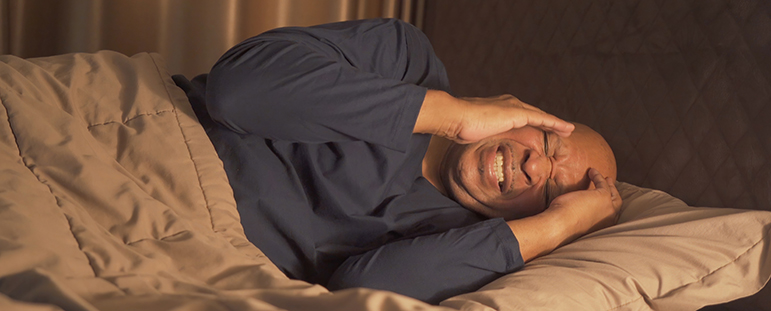
Bedsores
Bedsores (or pressure ulcers) can occur when a resident lies in one spot for too long, causing skin damage, necrosis, and infections. These can be life-threatening, especially if left untreated. Sadly, as many as 28% of nursing home residents suffer from bedsores, according to the CDC.
-

Falls & Fractures
Slip and fall accidents are one of the leading causes of injury-related deaths among those over 65 years of age. Falls can lead to broken bones, concussions, or serious spinal injuries. Even a small slip can dramatically impact a senior’s quality of life.
-

Medication Errors
A medication error occurs when the given medication is different from the doctor’s order or the manufacturer’s instructions, or when it fails to meet professional standards. This includes incorrect dosages or administration. Serious mistakes may be considered neglectful or abusive.
-
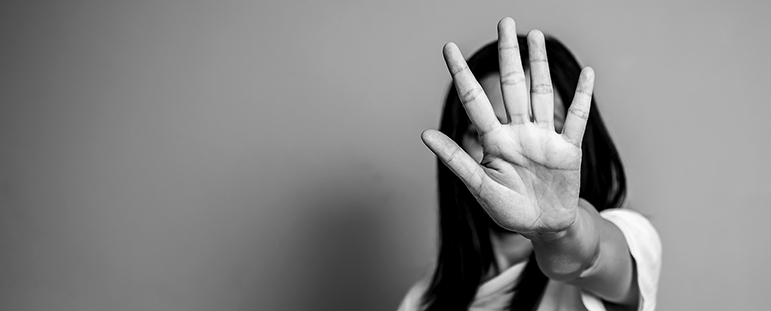
Sexual Abuse
Sexual abuse in nursing homes isn’t just illegal – it can also have lasting impacts on victims’ bodies, minds, and bank accounts. Residents can be sexually abused or harassed by staff members or other residents, resulting in both physical and emotional harm.
-
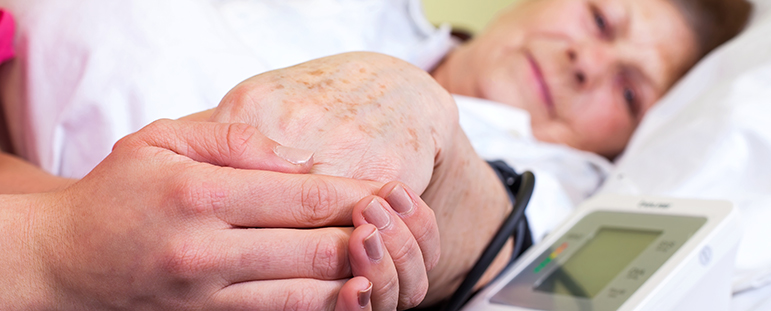
Infection & Sepsis
Millions of infections occur every year at long-term care facilities, including nursing homes. These infections kill up to 400,000 residents annually, according to the CDC. Whether it’s influenza or pneumonia, it’s the responsibility of the staff to prevent, identify, and treat residents’ infections.
-
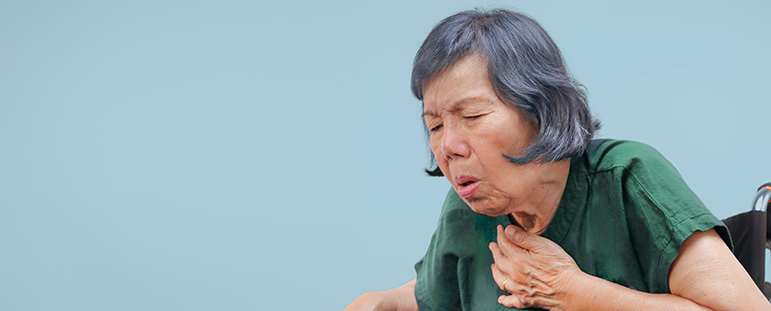
Choking
Many nursing home residents have conditions that increase their risk of choking, such as degenerative diseases (like Parkinson’s), dentures, dry mouths, or lingering symptoms of a stroke. This makes choking a common cause of unintentional injuries and deaths in senior living facilities.
-
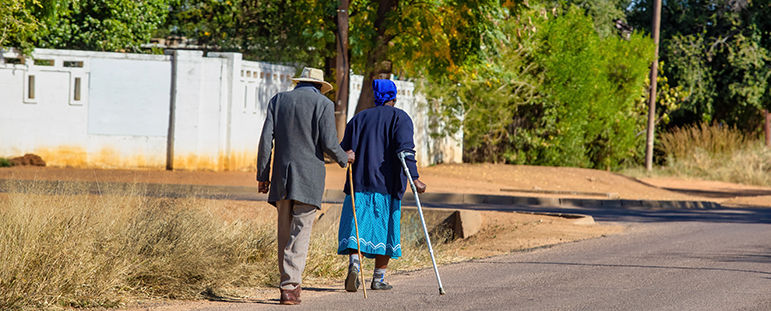
Wandering and Elopement
Elopement (wandering) in nursing homes refers to a scenario in which a patient leaves the facility without notice. This is common in patients with dementia and should be prevented by proper staff supervision. All facilities are expected to ensure the safety and security of their patients.
-

Group Home and CILA Abuse
Community Integrated Living Arrangements (CILAs) can give adults with developmental disabilities the personalized care and attention they need. However, some group homes contribute to the reprehensible abuse, neglect, or mistreatment of elders.
-
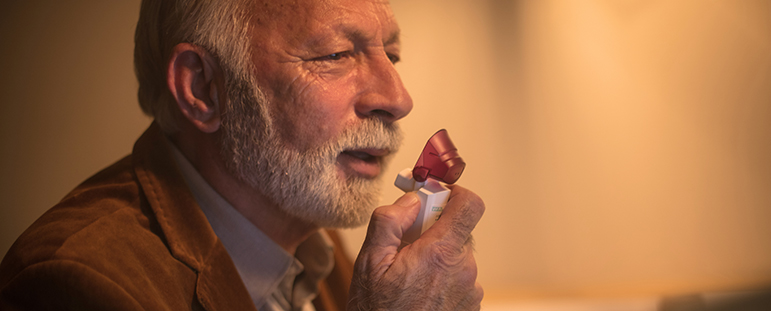
Breathing Tube Accidents
Breathing Tubes are used when residents cannot breathe on their own. They may be necessary due to respiratory failure from COPD, pneumonia, or other conditions. In all cases, Breathing Tubes should be properly administered and monitored to prevent unnecessary suffering or even death.
-
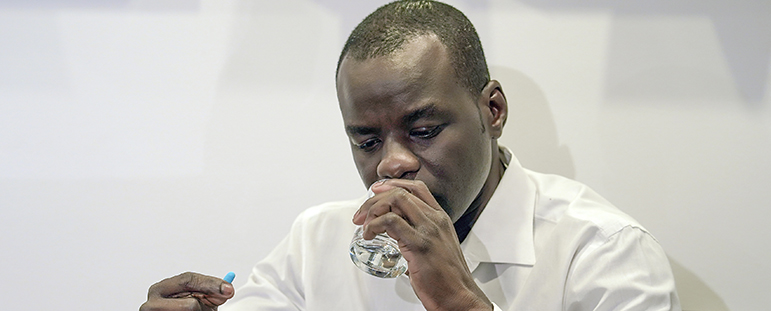
Malnutrition
Malnutrition is defined as getting too many or too few of the nutrients our bodies need to survive. Unfortunately, up to 85% of elderly nursing home residents may suffer from malnutrition due to poor facility staffing, subpar meal plans, dental issues, or medication errors.
-

Dehydration
This is one of the most common types of elder abuse and neglect in nursing homes and assisted living facilities. Dehydration is defined as having too little water in the body. This results in the disruption of important bodily functions and can even result in death.
-
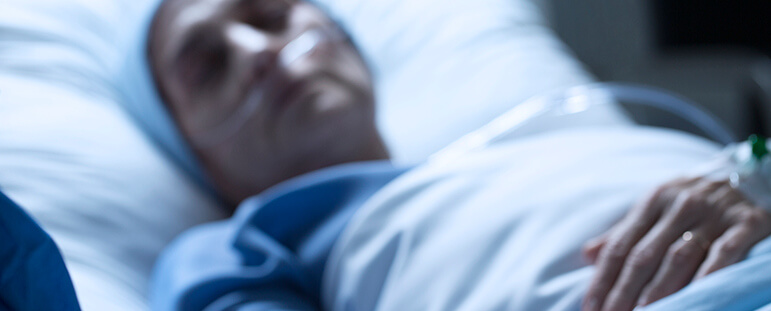
Life-Threatening Situations
If nursing home staff members contribute to the physical or emotional harm of residents, they are committing abuse. This can include placing residents in situations that jeopardize their wellbeing or even their lives.
-
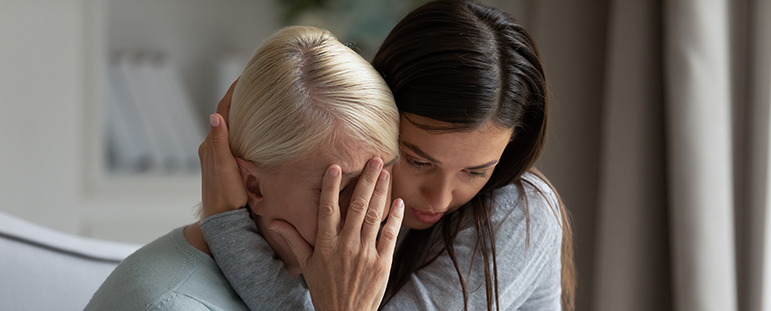
Wrongful Death
When a nursing home resident dies due to the negligence, incompetence, or abuse of administrators and/or employees, it may be considered a wrongful death. Families who have lost loved ones in such a manner have the right to file nursing home wrongful death lawsuits.
-
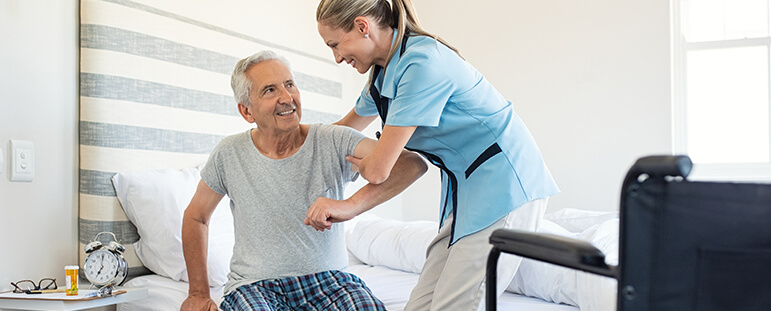
Assisted Living Injuries
Assisted living injuries are all too common. They can include any type of physical harm suffered by a resident due to the actions or neglect of staff members. Facilities should be held accountable for everything from falls and fractures to concussions and infections.
Contact Our Nursing Home Abuse Lawyers
No senior should be abused or neglected while under the care of professionals. If you or a loved one has been mistreated in a nursing home, it’s time to pursue justice under Illinois regulations and federal laws.
Reach out to our Chicago nursing home abuse attorneys and schedule a free consultation.
Call 312-535-7437 or send us a message online today.
